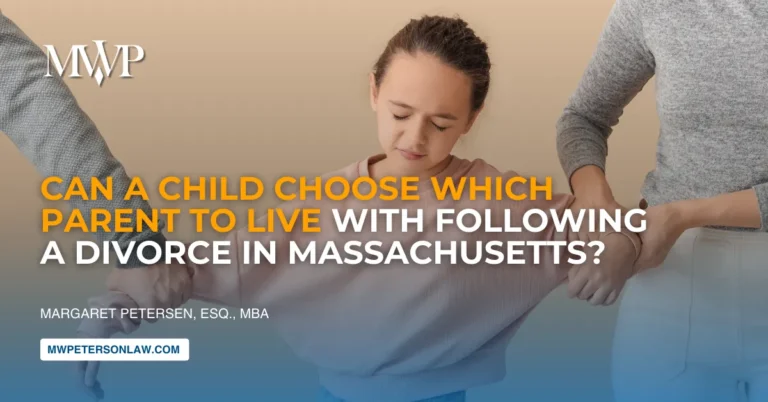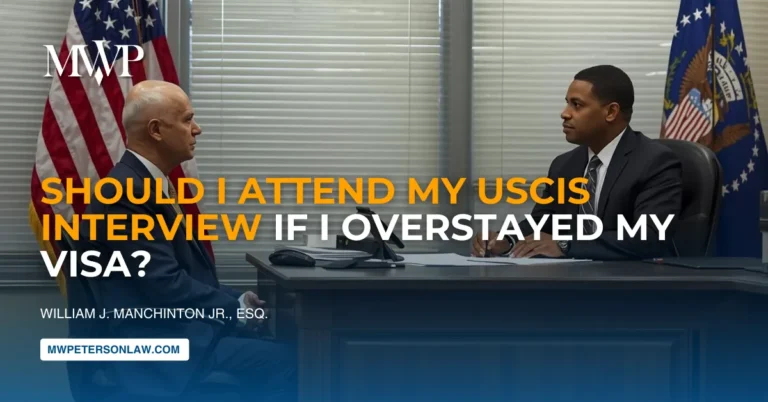The DCF Fair Hearing in Massachusetts–Your Rights
When the Massachusetts Department of Children and Families (DCF) makes a decision against your family, it can feel overwhelming and unfair. The good news is that you have rights, and you don’t have to accept their decision without a fight. A DCF fair hearing gives you the chance to challenge their findings and clear your name. Understanding this process and knowing when to hire a DCF fair hearing lawyer in Massachusetts can make all the difference for your family’s future.
What is a DCF Fair Hearing?
A DCF fair hearing is like getting a second opinion on DCF’s decision. It’s your opportunity to tell your side of the story to an impartial hearing officer who wasn’t involved in your case. Think of it as your day in court, but in a less formal setting where you can present evidence, bring witnesses, and challenge DCF’s findings.
Massachusetts law defines neglect as failure by a caretaker, either deliberately or through negligence or inability, to take those actions necessary to provide a child with minimally adequate food, clothing, shelter, medical care, supervision, emotional stability and growth, or other essential care. However, DCF only needs to show “reasonable cause to believe” that neglect occurred – a much lower standard than what’s required in criminal court.
The Critical 30-Day Deadline You Cannot Miss
Here’s the most important thing you need to know: you have exactly 30 calendar days from the date of DCF’s decision letter to request a fair hearing. This deadline includes weekends and holidays, and there are no exceptions. Miss this deadline, and you lose your right to appeal forever.
To request your hearing, you must send a written request to the DCF Fair Hearing Unit. A phone call won’t do – it must be in writing. Your request should include your name and contact information, a brief description of what decision you’re appealing, and a copy of DCF’s letter if you have it.
Many families make the mistake of waiting or thinking they can handle this later. Don’t let that be you. If DCF has made a decision against your family, act immediately. Even if you’re not sure whether you want to fight it, filing the request preserves your rights while you decide your next steps.
What Happens During a DCF Fair Hearing?
Once you file your request, DCF must schedule your hearing within 90 days. The hearing typically takes place at the DCF office that made the original decision and lasts up to two hours.
The process is more informal than a courtroom trial, but it follows a structured format:
- DCF presents first: The DCF investigator and their supervisor explain why they supported the allegations against you. They’ll present their evidence and explain their reasoning.
- Your turn to respond: You get to tell your side of the story. You can present evidence, call witnesses, and challenge DCF’s findings. This is your chance to show what DCF may have missed or gotten wrong.
- Questions and cross-examination: Both sides can ask questions of each other’s witnesses. The hearing officer may also ask questions to clarify important points.
The entire proceeding is recorded, creating an official record of what happened.
Understanding the Legal Standards
The burden is on DCF to demonstrate there was “reasonable cause to believe” abuse or neglect occurred. This is a relatively low legal standard, but it still requires DCF to present actual evidence supporting their decision.
The hearing officer must “give due weight to the clinical judgments of DCF social workers,” but they also must consider all the evidence presented at the hearing. You have the burden to show, by a preponderance of the evidence, that DCF has not demonstrated reasonable cause to believe neglect occurred.
What this means in plain English: DCF has to show they had good reason for their decision, but you can win by proving their evidence wasn’t strong enough or that they made mistakes in their investigation.
Your Rights During the Hearing Process
You have several important rights during a DCF fair hearing:
Access to DCF’s file: You can review all documents DCF plans to use as evidence
Bring witnesses: You can call anyone who has relevant information to testify
Present evidence: Photos, documents, medical records, or other materials that support your case
Cross-examine witnesses: You can question DCF’s witnesses about their testimony
Bring representation: You can hire a DCF fair hearing lawyer in Massachusetts to represent you
Why You Need a DCF Fair Hearing Lawyer Massachusetts
While you have the right to represent yourself, the stakes are too high to go it alone. A supported finding stays on your record and can affect your ability to work in schools, daycares, healthcare facilities, or anywhere that requires background checks. It can also impact custody cases and future DCF involvement.
A qualified DCF fair hearing lawyer in Massachusetts understands the complex regulations that govern these proceedings. They know how to identify procedural violations DCF may have made during their investigation, how to present evidence effectively, and which arguments are most likely to succeed with hearing officers.
Recent Success Rates Give Reason for Hope
Recent data shows that hearing officers reverse DCF decisions in approximately 40-50% of cases. This means nearly half of all families who fight DCF’s decisions win their appeals. These high reversal rates suggest that many initial DCF decisions may be flawed or based on incomplete investigations.
Possible Outcomes of Your Hearing
The hearing officer can make several different decisions:
Reversed: DCF’s decision is overturned, and your name is removed from state registries
Affirmed: DCF’s decision stands
Partially reversed: Some allegations are overturned, but others remain
Remanded: The case is sent back to DCF for additional investigation
If you lose at the fair hearing level, you have one more option: appealing to Massachusetts Superior Court within 30 days of the hearing decision.
Take Action to Protect Your Family
If DCF has made a decision against your family, don’t wait. The 30-day deadline to request a fair hearing is absolute, and missing it means losing your right to fight back forever. Even if you’re unsure about proceeding, filing the request preserves your options while you consider your next steps.
Consider consulting with an experienced DCF fair hearing lawyer in Massachusetts who can evaluate your case, explain your options, and help you understand the strength of DCF’s evidence against you. The Law Office of Matthew W. Peterson offers consultations to help families understand their rights and make informed decisions about whether to proceed with a fair hearing. Your family’s future may depend on the actions you take in the next 30 days. Don’t let DCF’s decision be the final word on your case.











